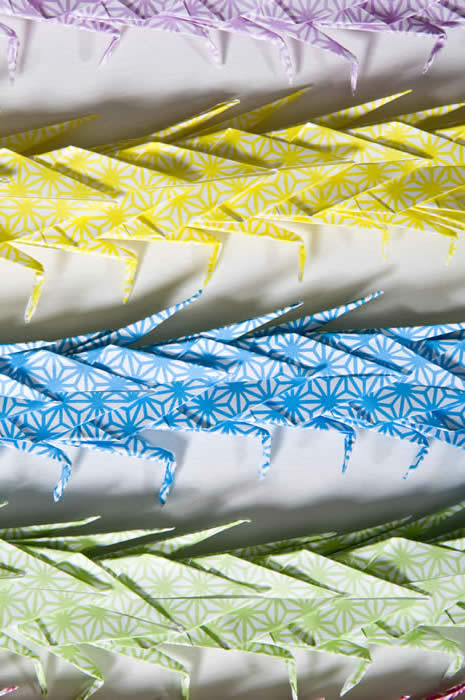Relapse
Most relapses occur in the first 3 years after therapy.
50 - 80% of patients treated with initial RT alone were salvaged after relapse with combination chemotherapy.
The prognosis of Hodgkin lymphoma relapse is directly related to duration of initial response.
- Progression during induction therapy
- Associated with a 5-year disease-free survival of almost zero.
- Relapse within 12 months of completion of therapy
- Associated with a 5-year disease-free survival 20%.
- Relapse occurring 12 months or greater
- Associated with survival rates of 20-50% with standard chemotherapy.
High-dose therapy and BM autografting is the treatment of choice for patients with relapsed or refractory Hodgkin lymphoma.
Cytoreductive Chemotherapy:
Conventional cytoreductive (re-induction) chemotherapy is generally used prior to high-dose therapy.
ICE chemotherapy is usually employed for cytoreduction
| ICE | I = Ifosfamide C = Carboplatin E = Etoposide |
G-CSF is used for supportive care.
High-dose therapy is most effective for patients who enter with minimal or sensitive disease - minimal disease status at the time of transplant is a major predictor of improved event free survival (EFS).

